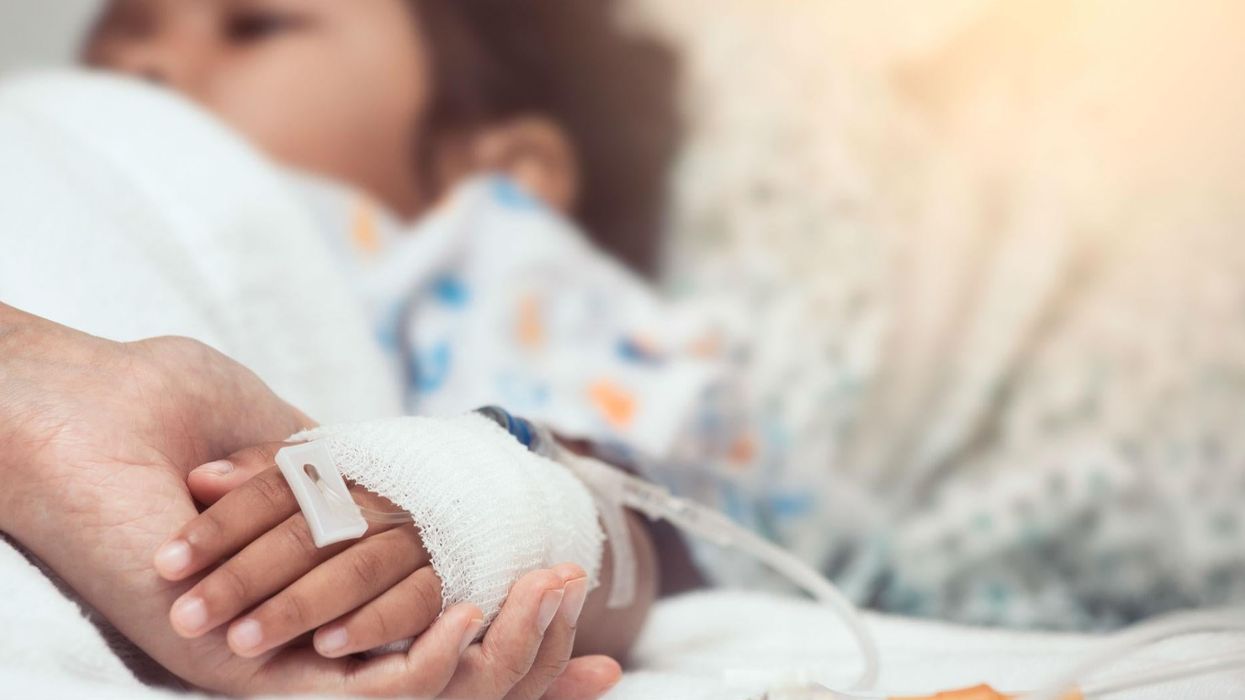News
Joe Vesey-Byrne
Oct 25, 2017

Picture:
iStock/Getty Images
Nick Konkler was first diagnosed with cancer at the age of four, and before his death in 2015 he made the lives of children with cancer that little bit easier.
Almost all cancer patients, including children, are connected to their IV drip for huge amounts of time - while in hospital it follows them practically everywhere.
Konkler dedicated his time in his technology class at Auburn Riverside High School, Washington, to building an upgrade to the IV drip stand.
To make it easier for children to get around, Konkler designed a 'lily pad' with wheels at the base of the IV drip pole, for the children to sit on as they travelled around the hospital.
The 17-year-old planned to use his time in class to build a lily pad for every child cancer patient in Mary Bridge Children's Hospital.
Konkler died in February 2015, but his mum Christina spoke to Today about how the lily pads are still in use.
You are connected to this pole 24/7, so if you have to get up to do anything, the pole goes with you...I think it's fun to see the kids ride them, because that's what he [Nick] would have wanted. He would have wanted to see all the kids, you know, out of bed walking or riding the lily pad.
Vince, Konkler's father, added:
It just, it makes me so proud of Nick and who he was.
According to Today his fellow students at Auburn continued his work building the lily pads, working at the school on Saturdays to complete his legacy.
Today also quotes a friend of Konkler's, speaking on his character:
No matter what he was doing he always had a smile on his face, always helping people, always looking out for others. And even when it was the hardest time for him and other people could tell, he would always make time for other people.
Each lily pad made by the group The Lily Pad Project is custom made and hand painted. According to the project's website 51 were made, which were delivered to Mary Bridge and to Seattle Children's Hospital.
HT Today
More: Scientists have discovered a way to self-destruct cancer cells
Top 100
The Conversation (0)













